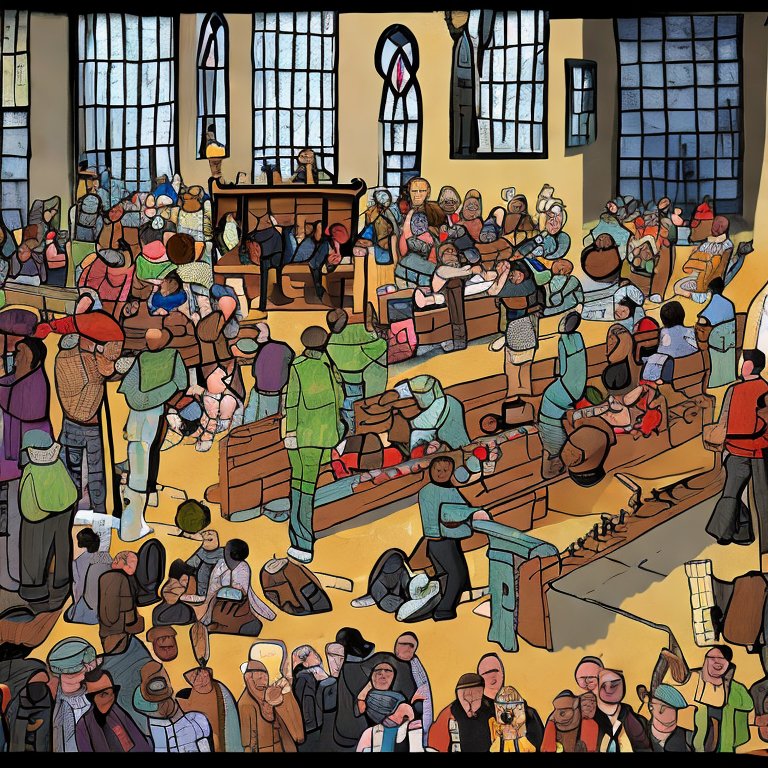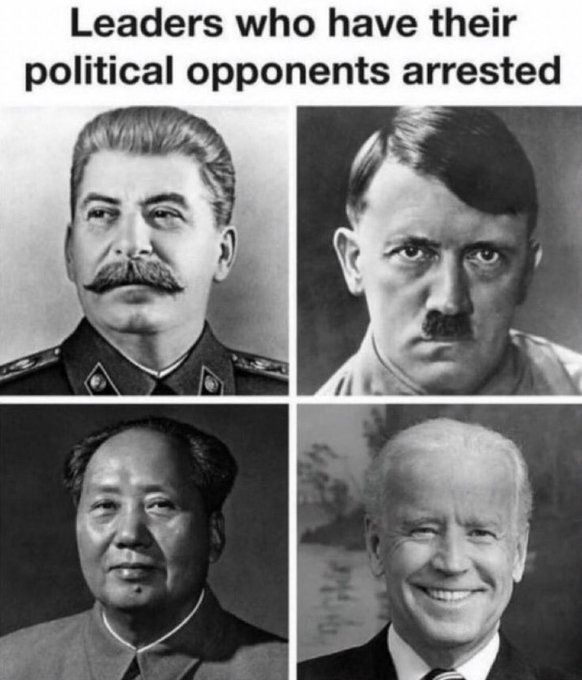Anarchism
4065 readers
1 users here now
Are you an Anarchist? The answer might surprise you!
Rules: 0. Post content that is thoughtful and relevant to social liberation from an anarchist, autonomous, antifascist perspective.
- Be respectful
- Don't be a nazi
- Argue about the point and not the person
- This is not the place to debate the merits of anarchism itself. While discussion is encouraged, getting in your “epic dunks on the anarkiddies” is not. As a result of the instance’s poor moderation policies and hostility toward anarchists by default, lemmygrad users are encouraged not to post here, though not explicitly disallowed if they aren’t just looking to start a fight.
See also:
founded 6 years ago
MODERATORS
151
152
153
154
155
156
157
158
159
160
161
162
163
164
165
166
167
168
169
170
171
172
173
174
175


